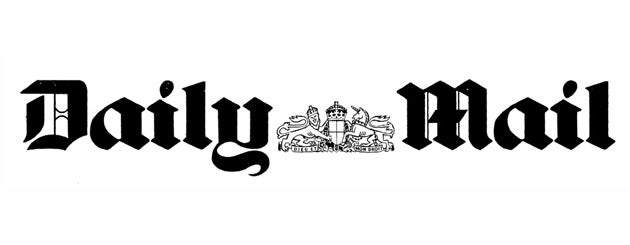Daily Mail group doubles job cuts at regional arm
Publisher set to hit targets for full year despite decline in advertising

The publisher of the Daily Mail has axed 1,000 staff from its regional newspaper business – twice the number of cuts it announced just four months ago – as the division continues to suffer from plunging advertising revenues.
Daily Mail & General Trust updated the market ahead of its first-half results yesterday. It revealed that cost-cutting at Northcliffe Media would see 1,000 workers lose their jobs. In November, it said the figure would be closer to 500.
"As a result of the tough revenue picture, further substantial cost reductions are being made. We now expect a net total of about 1,000 people to leave Northcliffe this year," the company said yesterday. A spokesman for the group added that many of those affected had already left, or were involved in the consultation process. Northcliffe, which publishes 113 regional titles in Britain, will be left with 3,500 employees after the cuts.
Regional newspapers are in dire straits as advertising revenues have plummeted since the onset of the credit crunch. Northcliffe, as well as Trinity Mirror and Johnston Press, have approached the Government for help, including a call for merger rules to be relaxed. Yesterday, DMGT's spokesman said negotiations were ongoing.
DMGT also announced further cost cutting at Associated, the division that publishes the national Mail titles.
While the group said the UK and European consumer media businesses had suffered a "difficult" quarter, it was relatively upbeat, adding that "some degree of stabilisation seems to be occurring at the moment and into April".
Advertising revenues across the industry have dropped off a cliff. Last week, the Advertising Association revealed that ad spending had fallen 10 per cent in the last quarter of 2008 alone.
The situation is worsening. In the three months to March, DMGT predicted its ad revenues would plunge by 24 per cent. Advertising in the Northcliffe titles is expected to fare even worse, with an expected fall of 37 per cent.
Classified advertising is crucial for the regional titles and has dived. The company said yesterday, however, there are some signs of stabilising in the market. The exception was in recruitment, where revenues are expected to halve this quarter.
Despite the doom and gloom surrounding the advertising market, DMGT expects to exceed its forecast for revenues and cost savings of £100m this year. Its management added that the full-year results would be in line with the market's expectations "subject to us having little visibility on Associated Newspapers' advertising revenues". The news pleased investors with the shares finishing 3.4 per cent higher at 241.75p.
The group's business-to-business division remained resilient, despite trading becoming harder. "Any reduction in revenue forecasts is being largely offset by cost reductions," it said.
Despite "a substantial fall from last year's first half year" because of the market conditions, the group is expecting performance in the second half to be stronger, bolstered by the sale of the Evening Standard at the end of February and its cost cutting programme.
Join our commenting forum
Join thought-provoking conversations, follow other Independent readers and see their replies
Comments
Bookmark popover
Removed from bookmarks